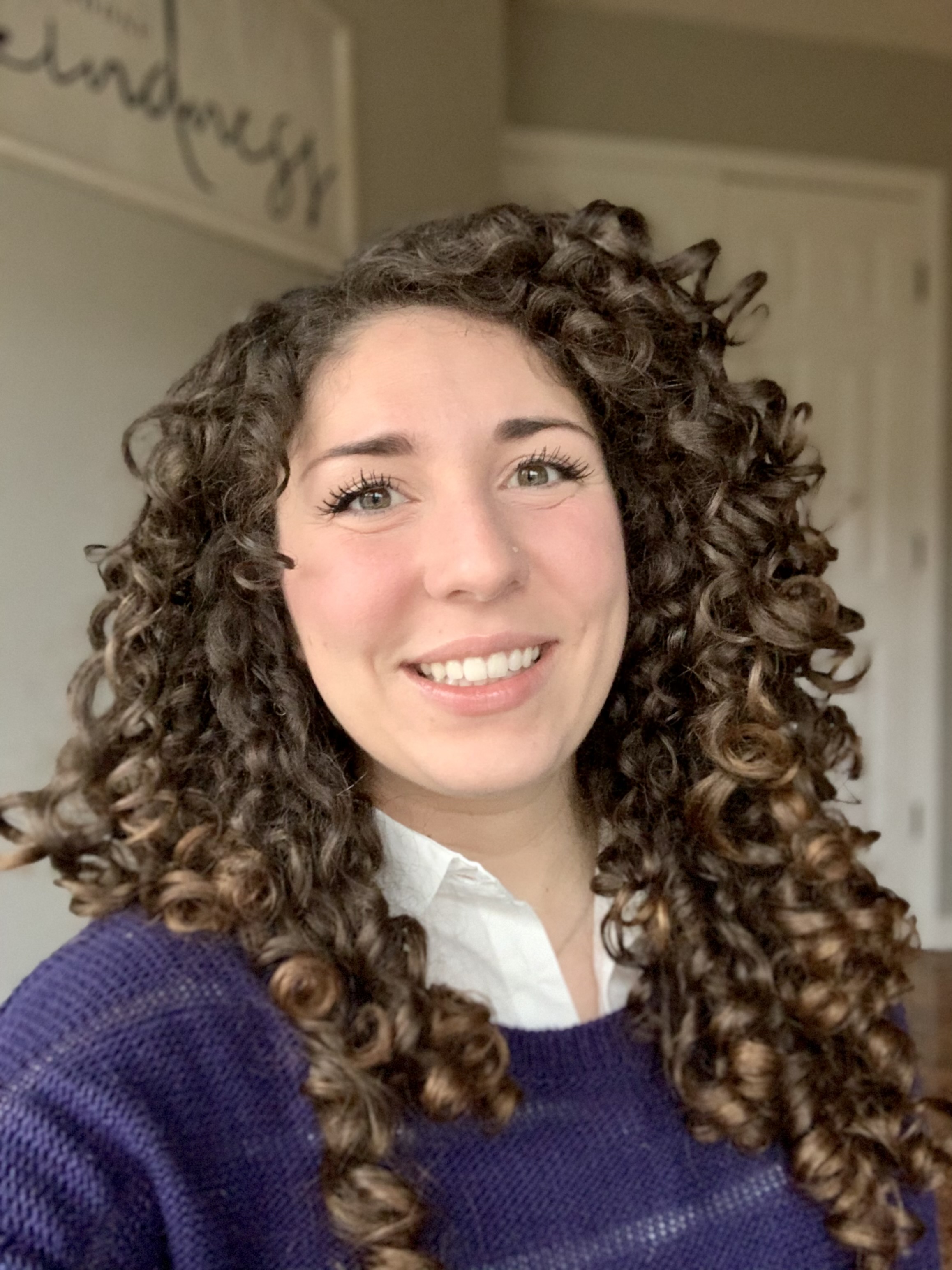
 Dr. Noelany Pelc is an Assistant Professor at Marian University, and is a licensed psychologist in the state of New York and in Indiana. She previously served as the Clinical Coordinator for MA/EdS students in Professional Counseling and School Counseling before serving as the Academic Director of the online School Counseling and Professional Counseling programs for two years at Seton Hall University in New Jersey. She is active in APA’s Division 35 (Society for the Psychology of Women), the Society for Teaching of Psychology (STP) and in the Advancement for Women in Psychology (AWP). During her training and post-graduation, she gained clinical experience working with women and children who were survivors of trauma and relational violence, particularly as those experiences intersected with marginalized and disenfranchised identities. She gathered experience working with college counseling students, dual-diagnosis mental health concerns and cross-addiction within a residential setting, and training in psychological assessment for impaired professionals. Her current areas of research center on experience of women in the Academy, the socialization of polarized national attitudes. and applications of cultural humility in research, teaching and mentorship. Her professional interests include relational-cultural theory, feminist theory, and pedagogy.
Dr. Noelany Pelc is an Assistant Professor at Marian University, and is a licensed psychologist in the state of New York and in Indiana. She previously served as the Clinical Coordinator for MA/EdS students in Professional Counseling and School Counseling before serving as the Academic Director of the online School Counseling and Professional Counseling programs for two years at Seton Hall University in New Jersey. She is active in APA’s Division 35 (Society for the Psychology of Women), the Society for Teaching of Psychology (STP) and in the Advancement for Women in Psychology (AWP). During her training and post-graduation, she gained clinical experience working with women and children who were survivors of trauma and relational violence, particularly as those experiences intersected with marginalized and disenfranchised identities. She gathered experience working with college counseling students, dual-diagnosis mental health concerns and cross-addiction within a residential setting, and training in psychological assessment for impaired professionals. Her current areas of research center on experience of women in the Academy, the socialization of polarized national attitudes. and applications of cultural humility in research, teaching and mentorship. Her professional interests include relational-cultural theory, feminist theory, and pedagogy.